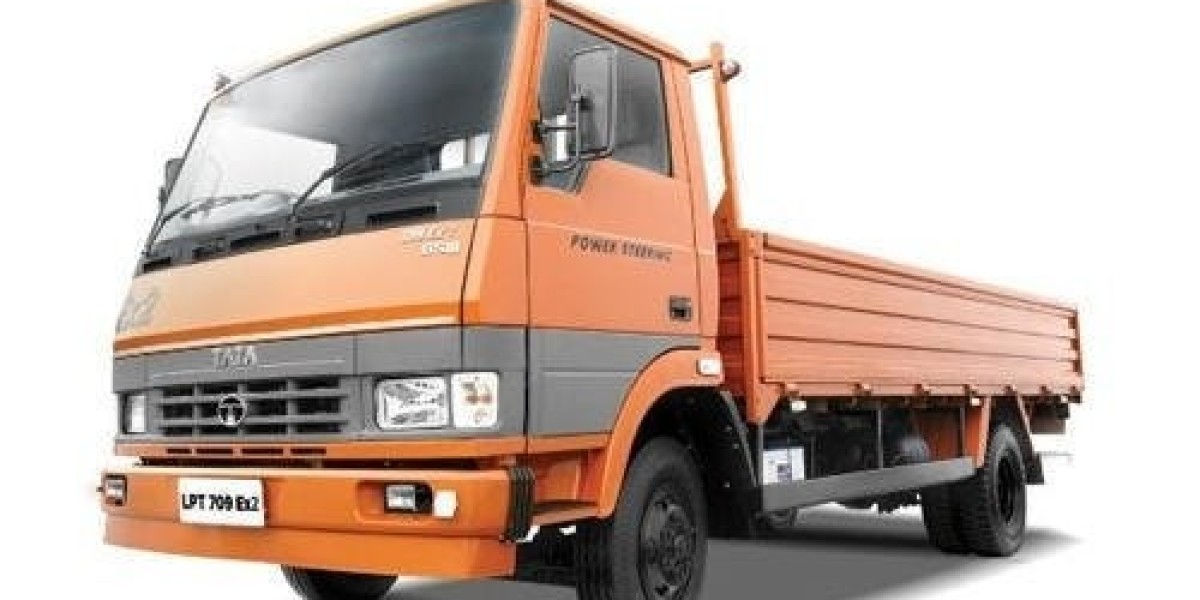Tanzania's diverse climate, ranging from the humid coastal regions to the dry and hot interiors, presents unique challenges for commercial vehicles. Understanding how weather affects these vehicles, especially Intermediate and Light Commercial Vehicles like the TATA LPT 709, is crucial and empowering for businesses relying on them for transport and logistics.
Weather and vehicle performance
During the dry season, the moving parts of the engines wear out because of hot and dusty conditions. On wet and muddy roads in rainy seasons, traction is loose, and there may be more accidents. Overall, the weather is also important in a commercial vehicle's performance and maintenance. Additionally, understanding the TATA LPT 709 price and its reliability and low maintenance advantages can help businesses make informed decisions:
1. High temperatures and engine stress
The hot and dry conditions throughout most areas of Tanzania, mainly from the central to northern parts, significantly stress a vehicle's engine. High-temperature exposure for longer periods might result in overheating, which accelerates wear and tear on parts of the engine. The vehicle's engine must be sufficiently cooled in ILCVs, like the TATA LPT 709, generally used for carrying loads over long distances.
2. Humidity and corrosion
In areas near the coast, like Dar es Salaam in Tanzania, humidity is at an all-time high. The high moisture content in the air causes metal parts to rust, something rampant among vehicles that spend most of their time operating near the coasts. Besides making the vehicle unsafe, such rusting could weaken the structure of a vehicle, compromising safety and performance, too.
3. Rainy season and road conditions
During the rainy season, particularly from March to May, all roads in Tanzania become slippery, with most parts covered in mud. This blocks the tyres of vehicles such as the TATA LPT 709, and wet roads reduce friction, hence increasing accidents. Tyres should be checked for good condition and adequate tread depth to grip slippery surfaces.
4. aDust and air filters
Dust becomes an important concern in dry seasons, especially in rural areas. Dust builds up in air filters and diminishes engine performance, increasing fuel consumption. Therefore, cleaning or replacing the air filters after specific periods is essential for maintaining the optimum performance of ILCVs that are usually driven on dusty roads, such as the TATA LPT 709.
Conclusion
Weather conditions in Tanzania greatly influence the performance and maintenance of commercial vehicles. Learning about them and taking steps to care for and maintain vehicles should help businesses ensure their fleets are at their best performance, irrespective of whatever difficulties they may have experienced over time due to weather conditions. Such an approach helps to prolong the life of such vehicles and, hence, controls costs more effectively for business success.



